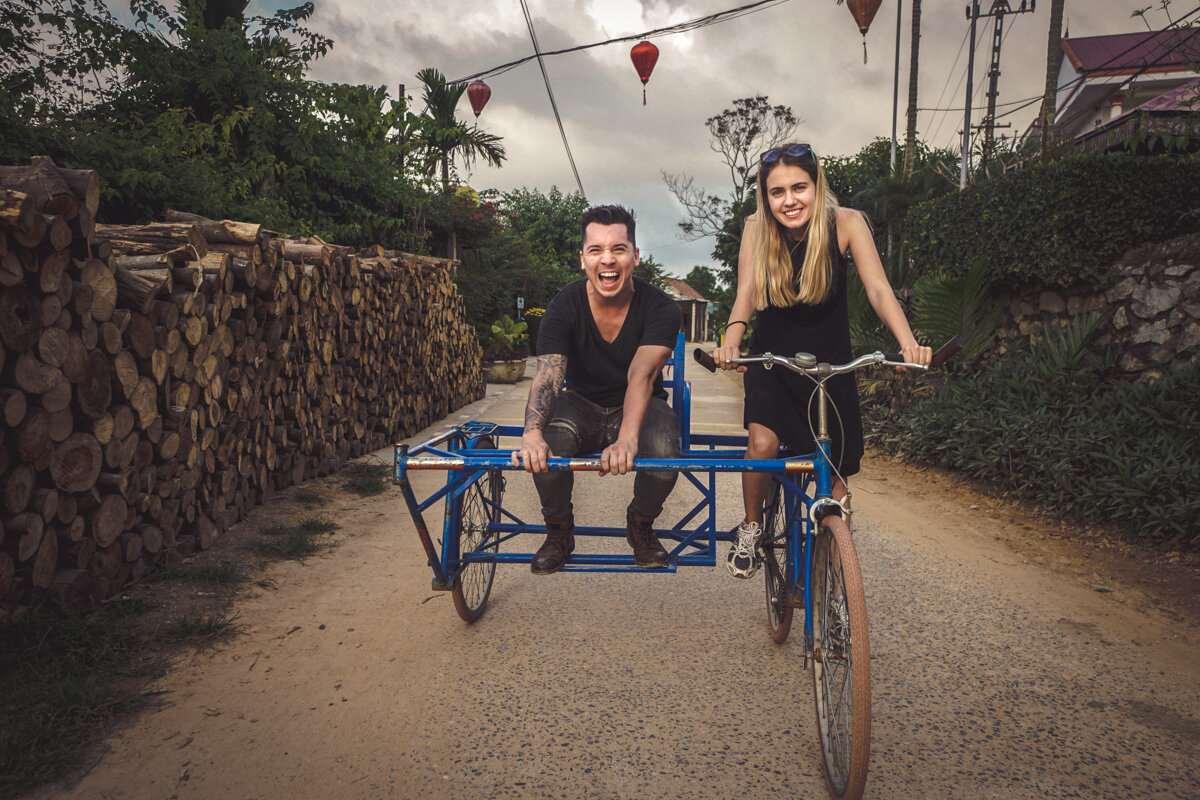Digital Hygiene Tips For Continual Travel
/Digital Hygiene Tips For Continual Travel
One major benefit to traveling in 2024 is that almost no matter where you go, there will be some form of rudimentary internet access. This isn’t always the case, of course, if you’re hiking up Mount Everest or in a deep rural area, odds are you’re going to be more than a little offline. But in the main urban centers there will at least be a smaller internet cafe you can use to check your email, or a hotel with some kind of connection.
This makes planning your adventure around this wide world of ours much more enjoyable to take part in and helps us stay active, documenting our journey, and touching base with our relatives.
But just because we have internet access it doesn’t mean that one connection is as good as the next. There are some worthwhile digital hygiene tips to keep in mind when posting or planning your approach online, and they can ultimately help your safety and convenience in the real world, too. Let’s consider what that might involve:
Use A VPN With Public WiFi
It can be hard to avoid public WiFi when you’re traveling because it’s not as if every single router is going to be dedicated to you. Hotels, cafes, even plane WiFi, it’s all public. This means that if someone else with technical knowledge is on that network, they could potentially see your web requests and use that information to steal your data. This is why using a VPN for Mac or Macbook can be so ideal because it helps you encrypt your traffic and stay protected no matter where you are. It can also help you get around firewalls or change your region from place to place, which can be helpful if you need to access services from back home that are unavailable in the area you’re traveling to.
Back-Up Your Data Before Traveling
Before embarking on your next journey, it is genuinely essential to securely back up your data. Traveling, even if you do it perfectly, is a taxing process, and that might include losing a hard drive, damaging a laptop, or whatever unfortunate circumstance you’ve encountered.
Knowing that your photos are secure and your digital information has been printed off as well as hosted in your cloud drive can be ideal. The last thing you need at the airport is to have digital tickets, but because of a bad signal find it hard to open them on your phone. As such, a nice combination of digital and physical backups, and storing them in more than one place, can keep your peace of mind. If you’re taking a nice camera abroad, you can also back up your SD card info to your devices before you head off.
Turn Off Automatic Connections To Wi-Fi Networks
We’ve already discussed the need for VPN safety, but you might not want to active those apps all of the time, or perhaps you only keep one on your laptop and not your phone, happy to use roaming data that is secure enough.
That being said, some wireless devices will have auto-connect network features where appropriate, to save you internet data. This can be a problem, because, without your say-so, you may log into risky public networks, especially if conducting mobile banking and other sensitive tasks. Turning off this feature on both iPhone and Android is key, as well as any smart devices you have. You may also be able to purchase a sizeable remote date package for when you’re abroad, meaning you never have to worry about your 5G or 4G data allowance where it’s available. This can help you avoid relying on insufficient options, and even hotspot your data to other devices when and where that’s possible.
Don’t Track Your Movements In Real-Time
It’s very tempting to use tagging metrics to post where you are, when you’re there. But sharing your exact location with the world can be dangerous for obvious reasons. If celebrities can fall victim to theft and difficulty based on their tracked movements, you can too.
It might simply be that advertising when you’re out of your hotel room can open up thieves to look in there, or making it clear you’re not home could make that space a target. If you’re posting your time at a location, focus on doing so after you’ve left and are in a safe area. Odds are nothing would happen, but it’s a healthy and safe habit to build, especially if you’re into blogging or run a popular social media account.

















